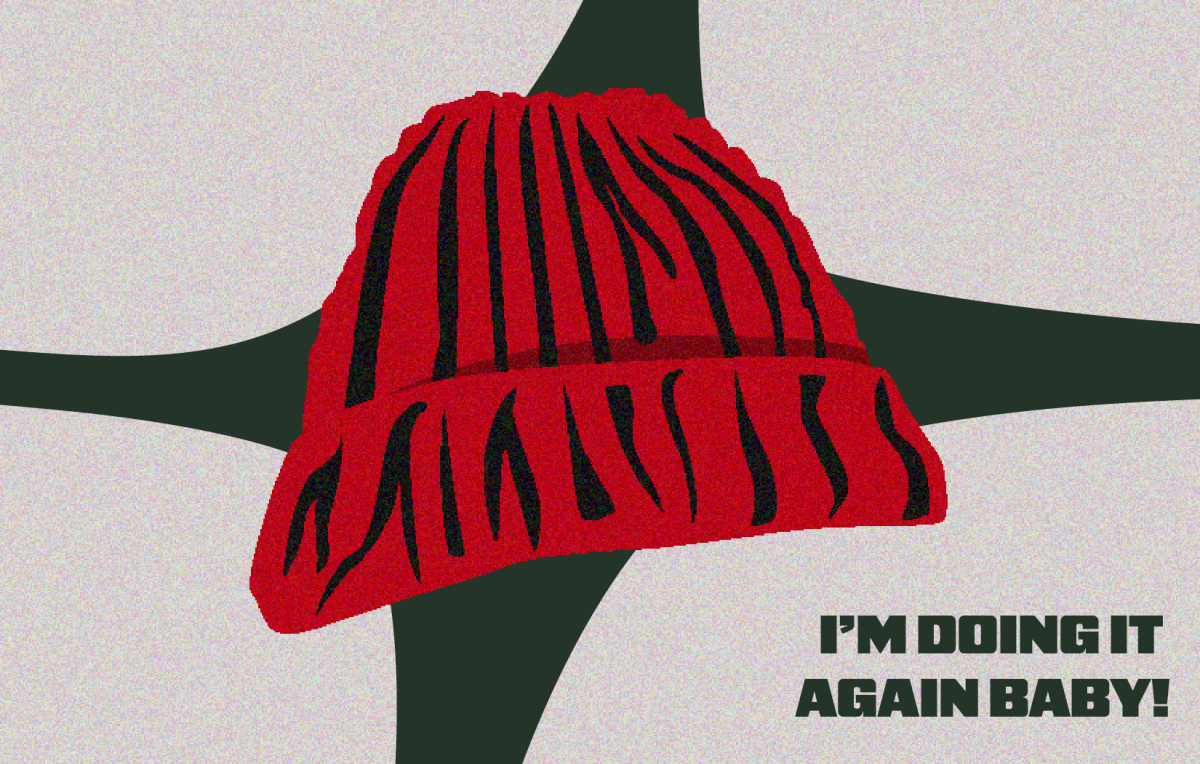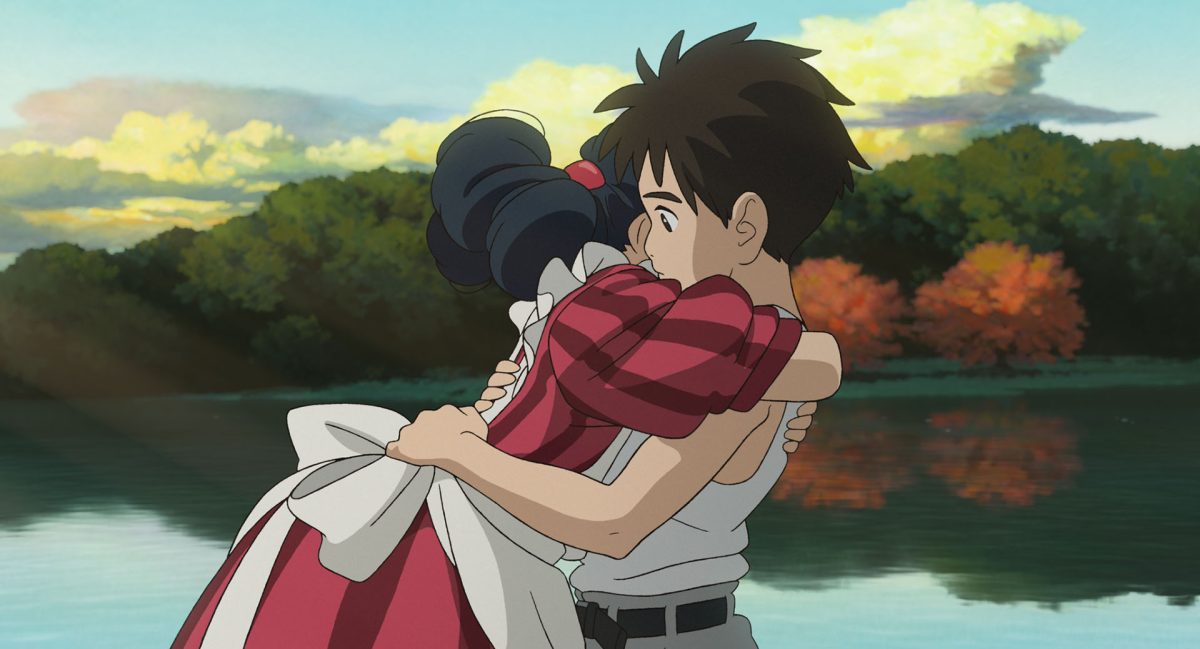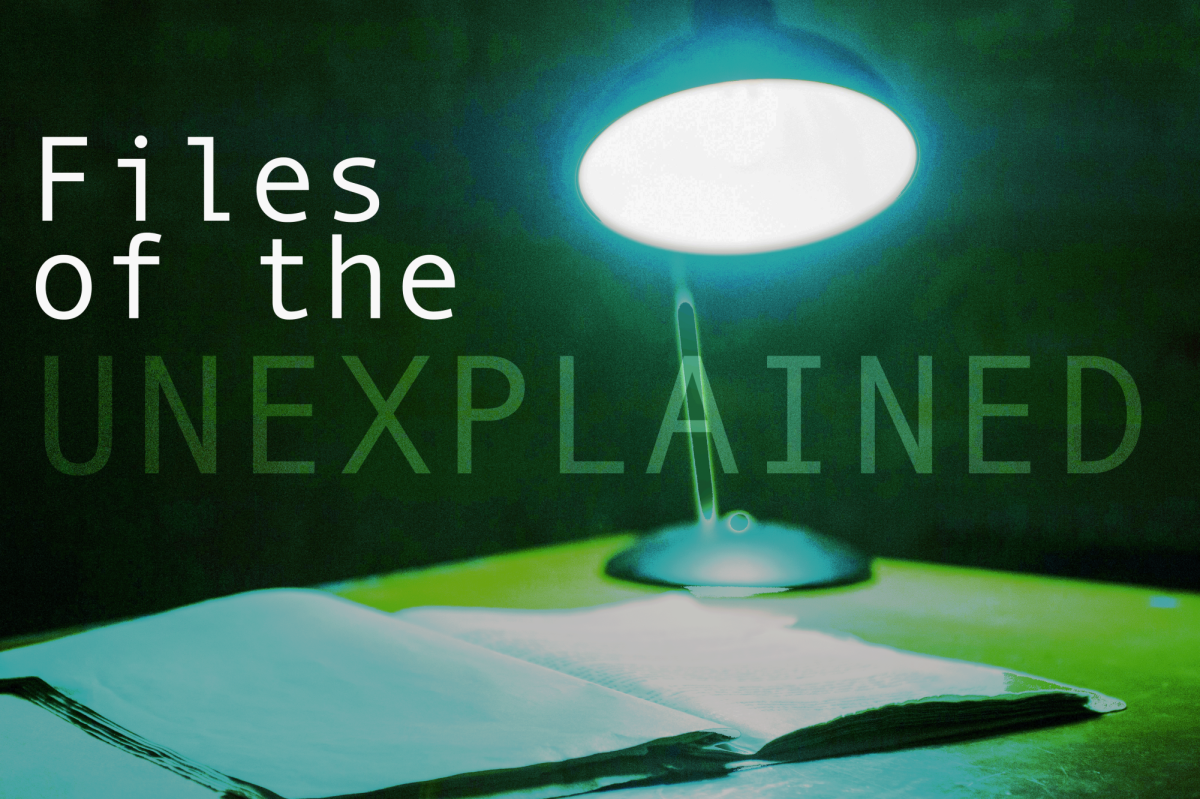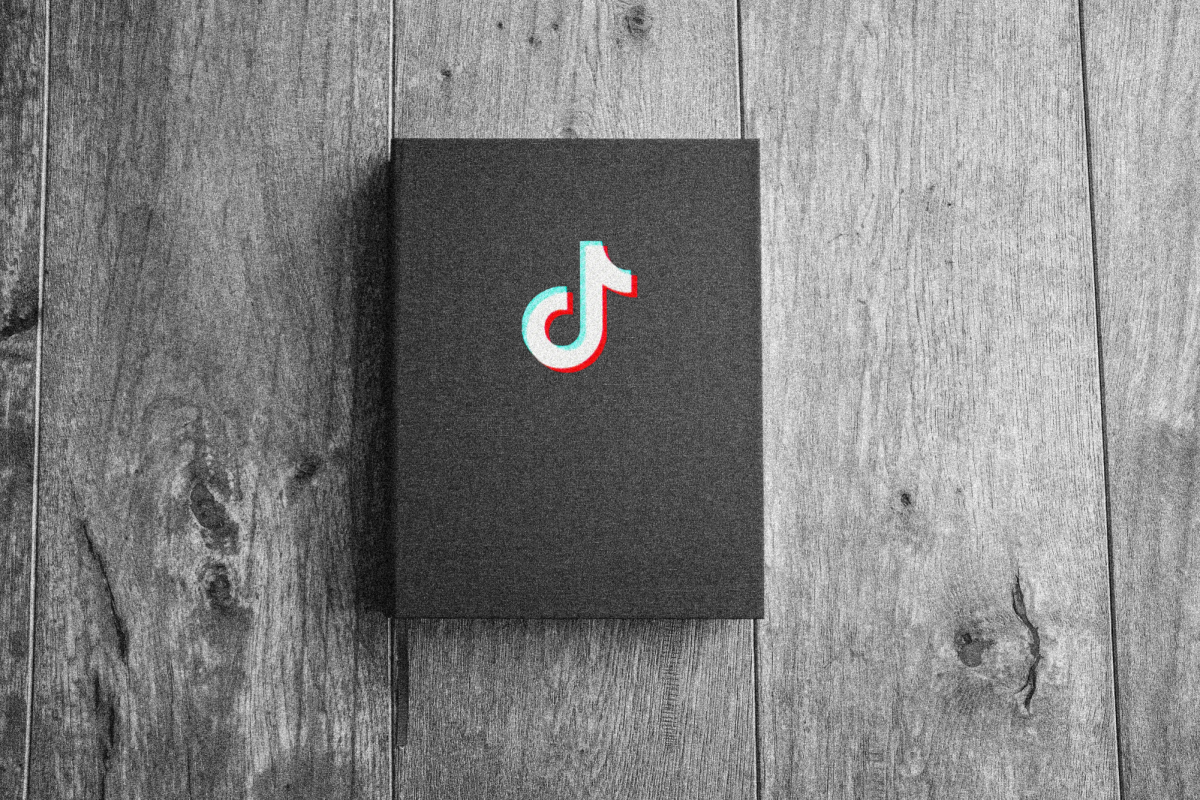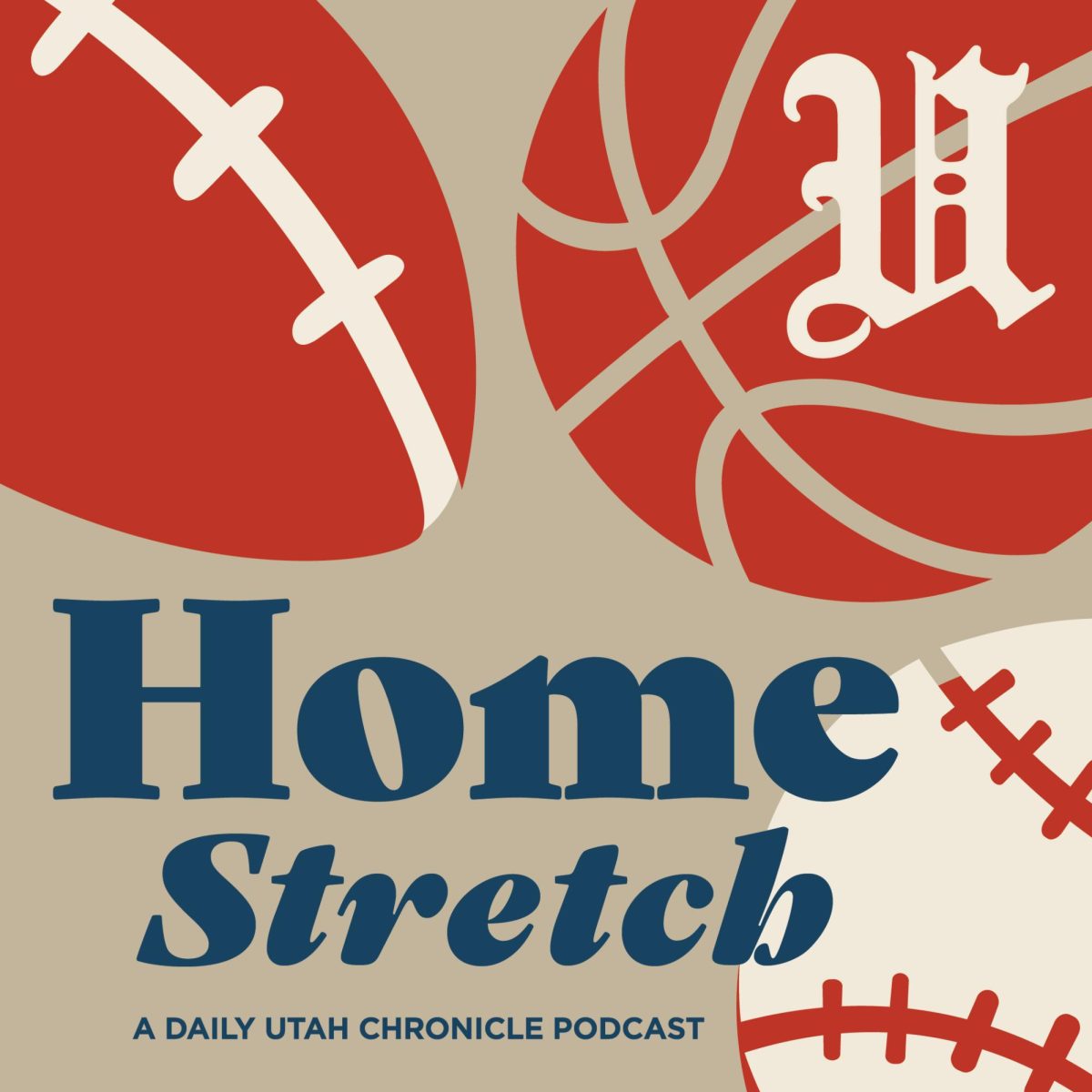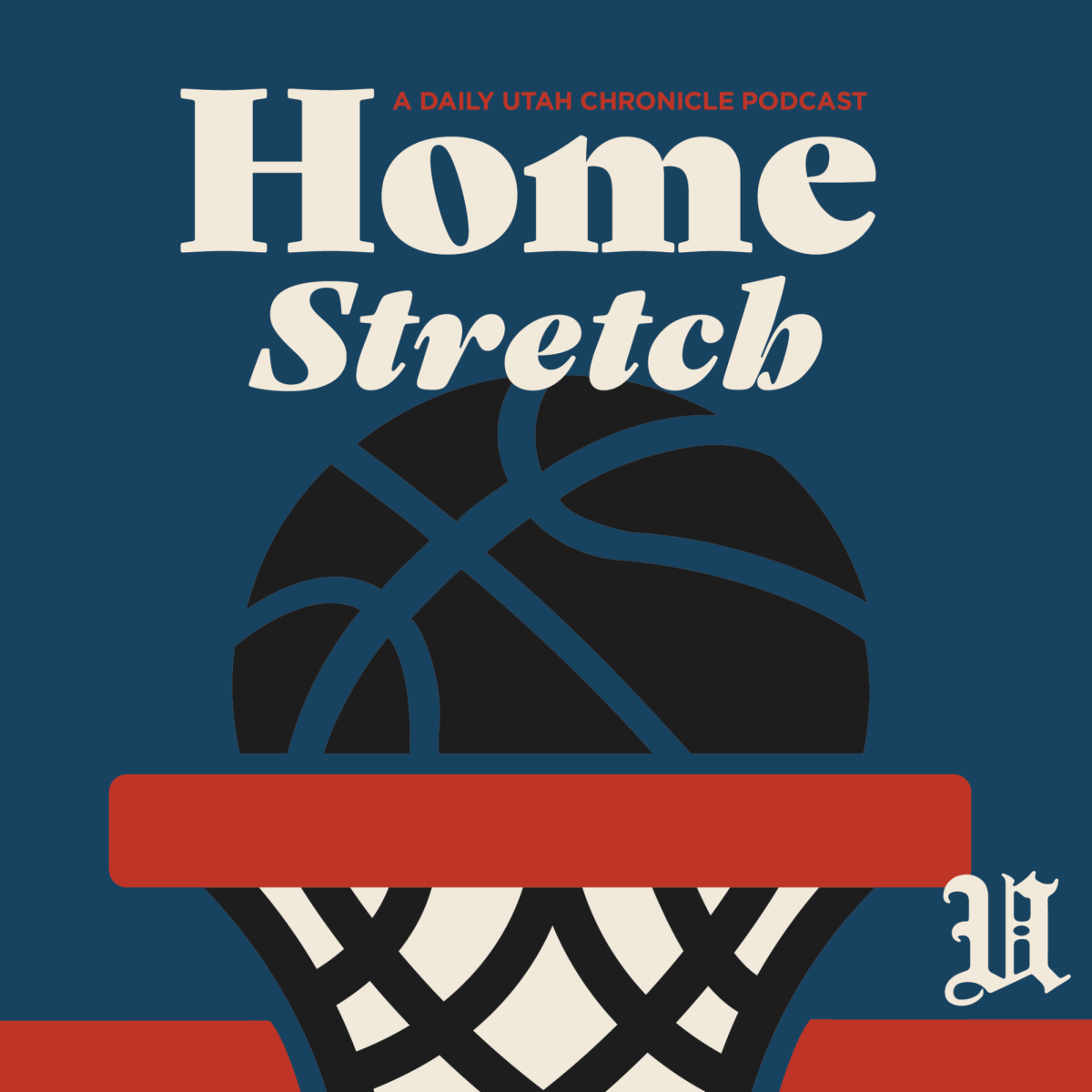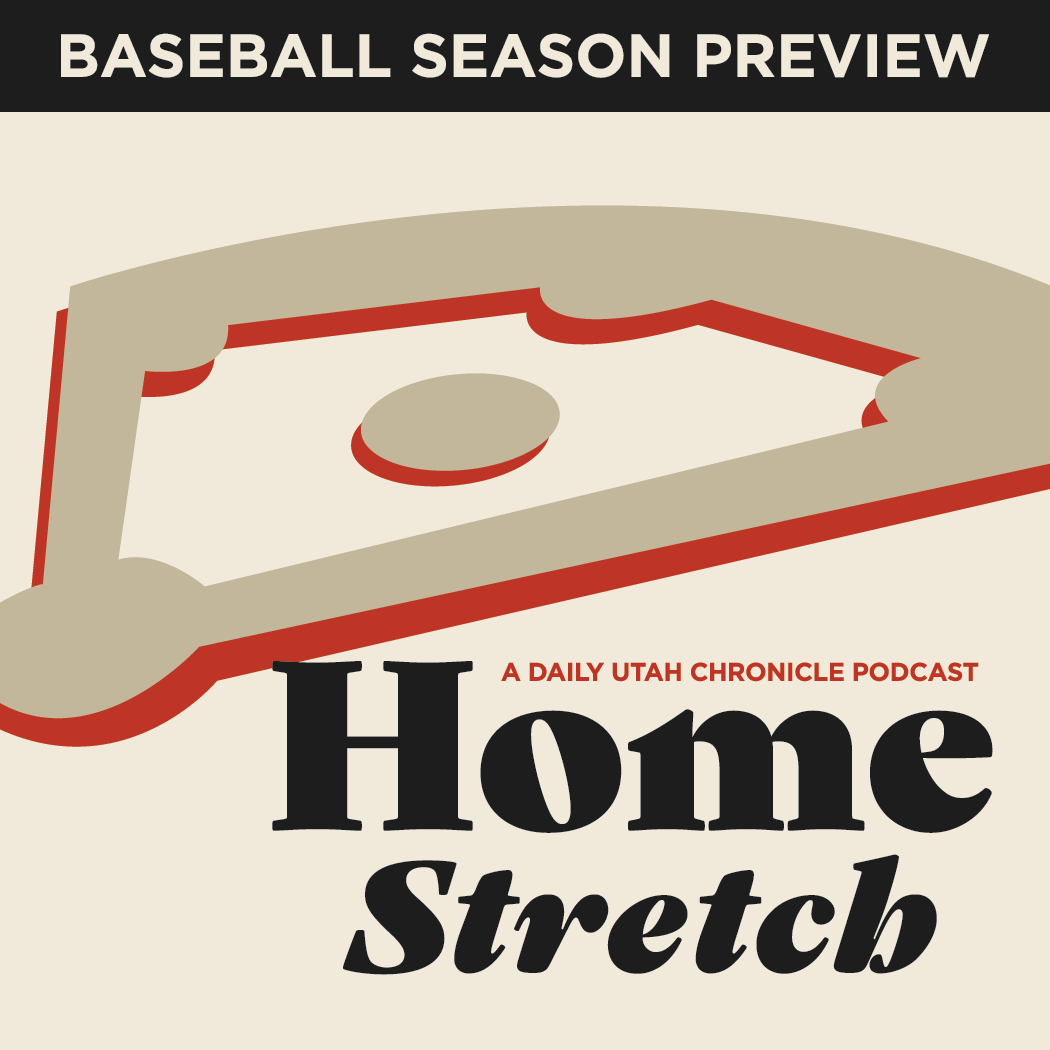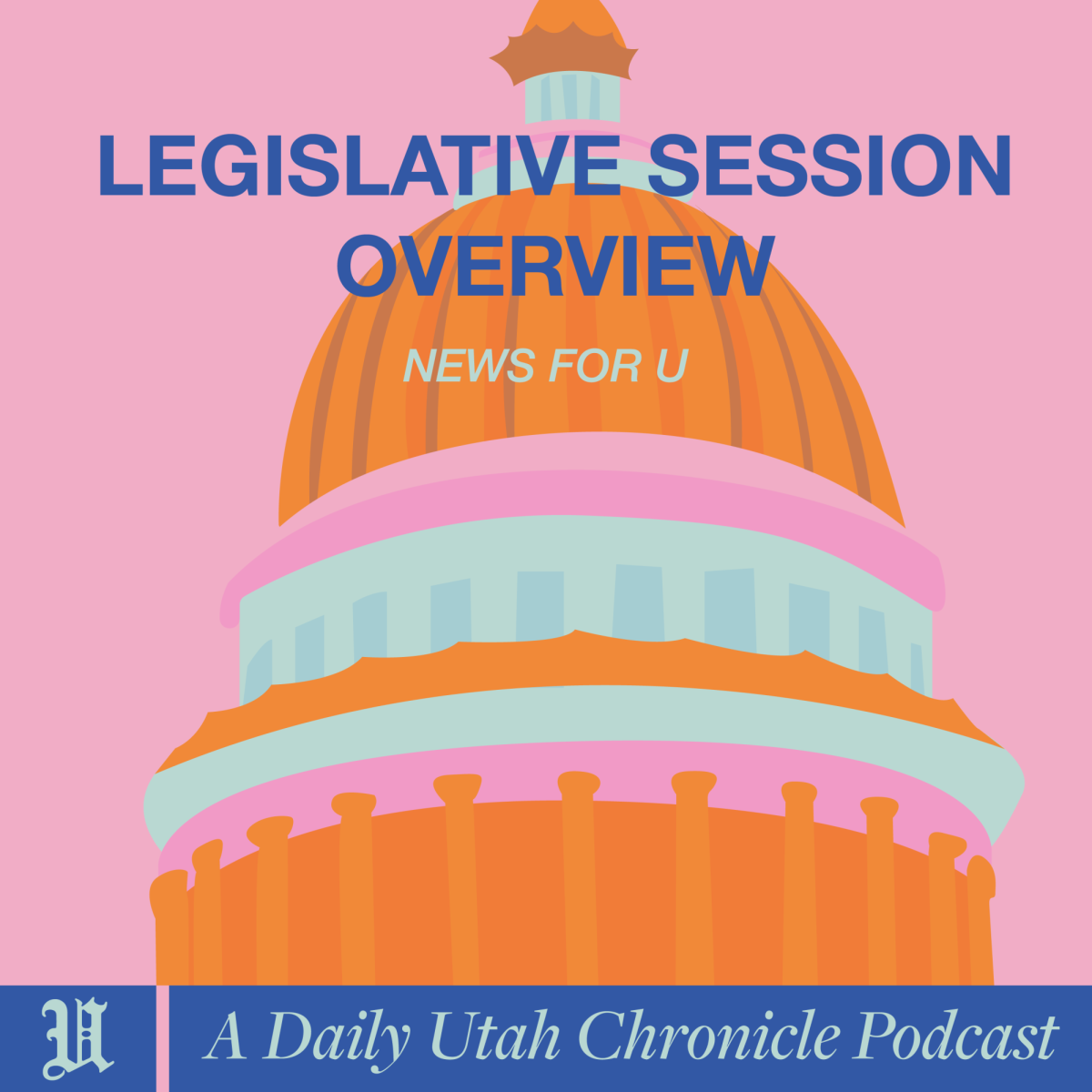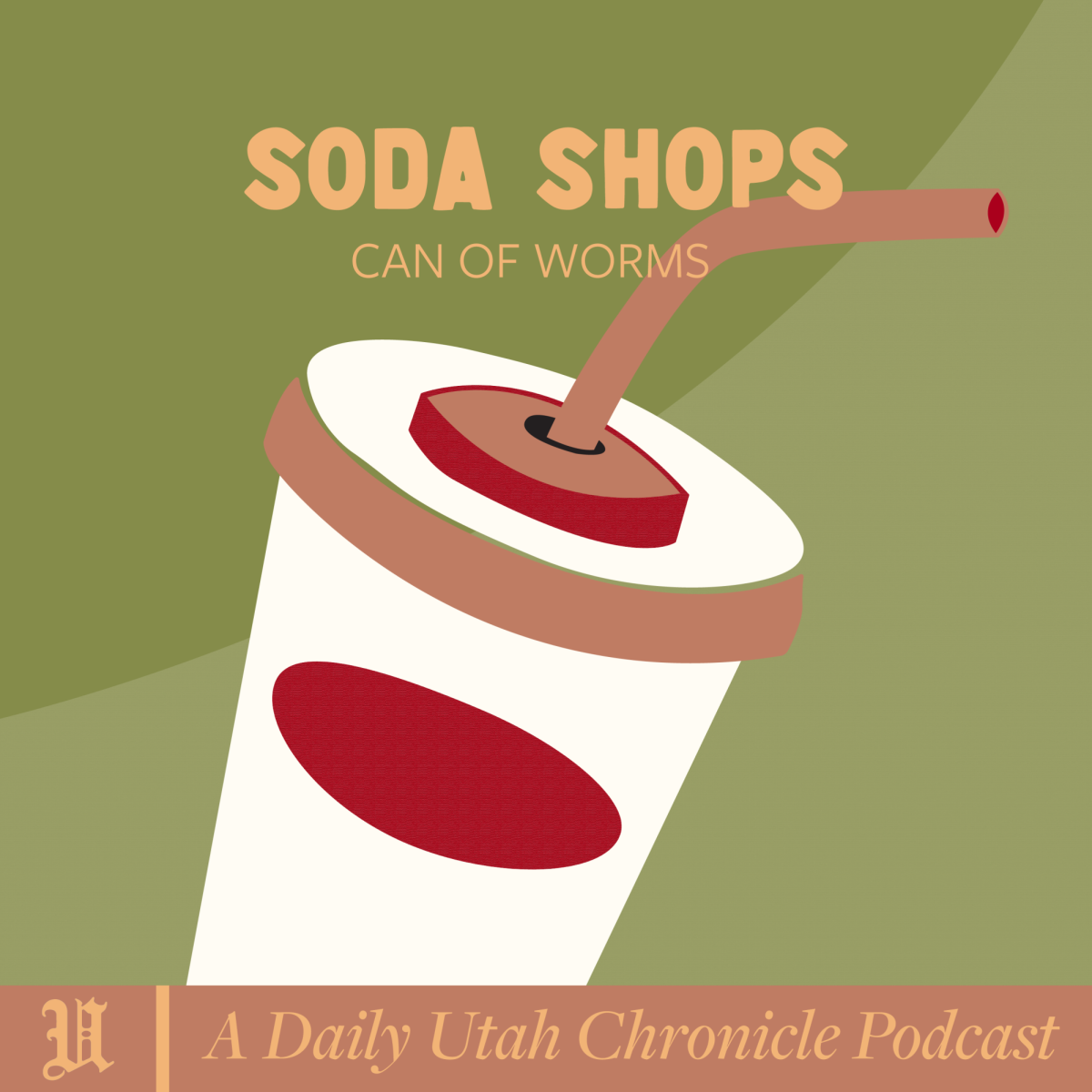Transcript:
Stevie Shaughnessey: Hi, and welcome back to Home Stretch, The Daily Utah Chronicle’s sports podcast. My name is Stevie and I’ll be your host. Today, we have sports writer Luke Skinner joining us to talk about how and NIL affects athletes here at the U. Hi Luke, and welcome to the podcast.
Luke Skinner: Hello, hello.
Stevie Shaughnessey: So obviously, NIL is something super new to colleges around the U.S. Could you, kind of, explain what NIL is?
Luke Skinner: Yeah. So a few years ago, the NCAA had a very strict rule in which the way athletes got, they could not get paid. So, there are a bunch of lawmakers who said, you know what, they deserve to get paid because they spend almost their entire lives playing sports, and not all of them go to the professional league. So, it’d be worth it for them to make some money just doing what they love, which is the sport course. So, I believe it was a couple years ago, I think around 2018, 2019, California passed a rule saying that college athletes must get paid in that state. So of course, the NCAA saw that they’re like, okay, it’s not fair if California is the only people paying their college athletes. So, they made a rule which all colleges can promote NIL, and NIL stands for name, image and likeness, which means that the athlete can use their name in advertisements, and anything like sponsorships and stuff like that for them to make money and promote what they want to promote.
Stevie Shaughnessey: And I know you touched on this a little bit, but how does NIL affect student athletes?
Luke Skinner: It affects athletes in several ways. Of course, you know, as you know, college athletes cannot really be used in advertisements due to NCAA rules, which like, let’s a debate of whether or not it’s even worth doing. But now, like, athletes just have a lot more freedom in how they can make money. Like, I know a bunch of football players and stuff have to like, get a job to, like, help their families out even though they’re on full scholarship. So, it just helps them like be able to just focus [on] their sport and school, because, you know, they’re student-athletes, not like, you know, having time for a job is pretty hard to do in that sense. So it’s great for them, and it also just helps them get more popular – like, it has changed the college, like, sports landscape to where it’s more of like a professional league in a way, but in a good way. They can get paid and stuff. I mean, it’s only fair since they make the colleges money too. So, yeah.
Stevie Shaughnessey: And how did the introduction of NIL change the way student-athletes play the collegiate sport?
Luke Skinner: The biggest change isn’t really on the field from what I’ve seen, I see it more like where they play. There’s a video that went out recently of the Nebraska football head coach. He said that college quarterbacks are like, worth a million to like $1.5 million now in NIL deals which is kind of insane. So, it definitely plays a factor. You know, players see, like, how well they can be marketed with the college they go to, and that helps them weigh pros and cons of the school, rather than just focusing on like academics, but like, it can also help them, like, make money on top of having good academics or good recognition on the field.
Stevie Shaughnessey: And how does NIL specifically impact student-athletes at Utah, and can you give some examples of how it’s been impacting student-athletes here?
Luke Skinner: The U definitely has a lot of resources to help student-athletes. I believe it was last summer, Utah and the David Eccles School of Business started Elevate U, which kind of helps inform student-athletes how to make money, like, of their name, like, in the most profitable way possible. And there’s also an alumni association known as the Crimson Collective, which gives back and if you, if you’re on social media, you’ve probably seen it, but our entire football team got a new, like, Ram truck or something like that. So that’s kind of insane. So that’s a huge way of impact for sure.
Stevie Shaughnessey: Now that student athletes could get paid, how does this affect recruiting with student athletes?
Luke Skinner: Well, definitely, according to the NCAA, you’re not allowed to use, like, NIL to, like, recruit a player, but like the player sees it behind the coach kind of in a way. So like, it just helps them make that thought process of am I being able to be marketed? Right? I mean, the coach probably includes that somehow, in a way. It’s a little tricky, because it’s still kind of a generally new thing, NIL, so people are still toying around with it. So it’s a tough question for sure.
Stevie Shaughnessey: And does NIL benefit more than just athletes?
Luke Skinner: Definitely, for sure. It benefits everyone involved, like, the brand to do the ads get relevancy because of the player and people like the player so people will support the brand. The fans see the player more, I mean, they see them in more advertisements. It makes, like, the player not feel as such, like an object but like as a person and like, as like a true professional athlete. And of course, you know, the schools of the players get recognition as well because the players go to the school, and the school can also profit off that. So, it’s a great way to get recognition. So, everyone definitely gets a piece of the pie.
Stevie Shaughnessey: Great. Well, thank you for sharing Luke. Any final thoughts?
Luke Skinner: I definitely think NIL is great. It’s amazing. I really can’t wait to see, like, how it goes forward with it. Especially with our school. I feel like we do a really good job with it. So, I’m just excited to see how creative we can get with NIL with, like, as a whole with the NCAA. So yeah.
Stevie Shaughnessey: Awesome. Well, thank you for sharing your thoughts, Luke.
Luke Skinner: For sure. Thank you so much.
Stevie Shaughnessey: You guys can find Luke’s article on the dailyutahchronicle.com that goes into more depth about NIL. Thank you for listening to Home Stretch, The Daily Utah Chronicle’s sports podcast. Stay tuned for new episodes coming every other week.
Transcribed by https://otter.ai
Producer and Host: Stevie Shaughnessey — [email protected] | @steviechrony
Guest: Luke Skinner — [email protected] | @lukeeskinner


